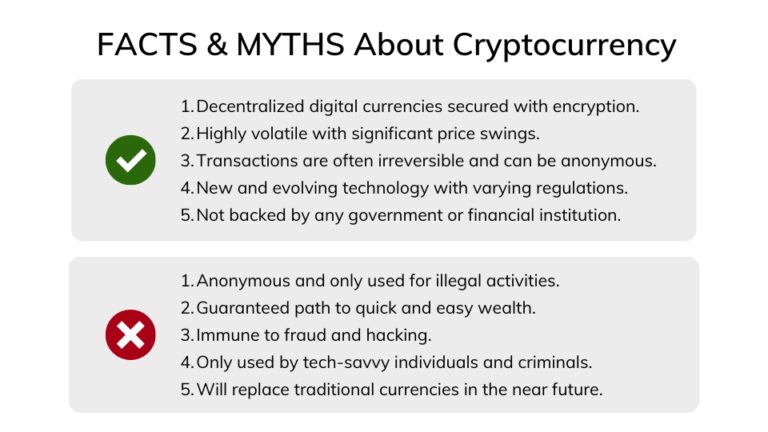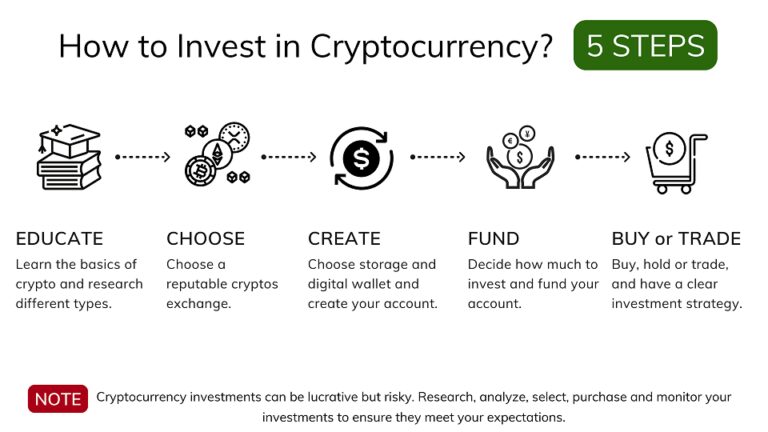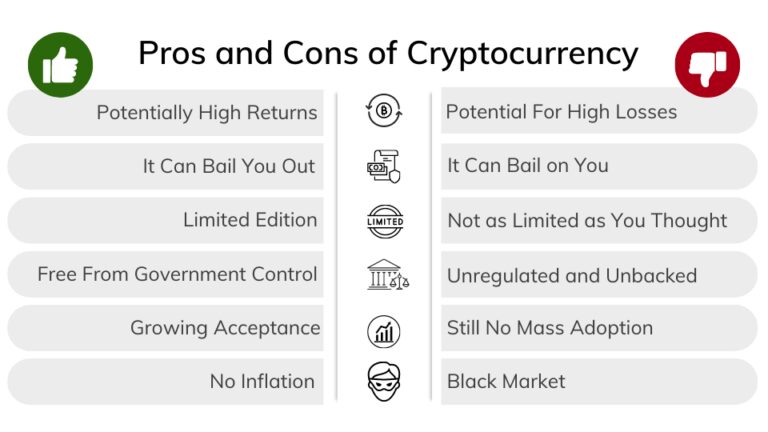Discover the burgeoning world of Decentralized Finance (DeFi) in Africa and its exciting potential. This comprehensive guide offers a deep dive into Africa’s evolving DeFi landscape and provides expert insights on what the future holds. Gear up to unravel the untapped opportunities lying within the realm of African DeFi.

Decentralized Finance, commonly known as DeFi, represents a novel approach to traditional financial systems. At its core, DeFi enables financial operations such as lending, borrowing, and trading assets to be conducted on blockchain-based platforms. These operations occur without intermediaries like banks or other financial institutions, bypassing conventional financial structures and allowing greater financial inclusion and freedom. Utilizing the principles of blockchain, DeFi offers transparency, accessibility, and security, which are paramount in ensuring trust among users.
Across the globe, DeFi has made a significant impact on financial ecosystems. DeFi platforms have grown exponentially, with billions of dollars’ worth of cryptocurrency now locked in various DeFi applications. This growth can be attributed to the democratization of finance, increased yield opportunities, and the rise of digital economies, proving that DeFi is not just a fad, but a revolution in how financial transactions are conducted.
In Africa, DeFi could be a substantial game-changer. With high unbanked populations and limited access to financial services across the continent, DeFi presents an opportunity for financial inclusion and economic empowerment. DeFi could bypass traditional financial infrastructure, which is often inadequate in many African countries, and directly provide individuals and businesses with access to digital financial services. DeFi also offers Africans the opportunity to participate in a globalized digital economy, breaking down barriers surrounding cross-border transactions and offering a new avenue for wealth generation.
When it comes to embarking on the DeFi journey in Africa, it’s important to understand the basics of cryptocurrency transactions. The Best Crypto Betting Practices guide can be a good starting point, offering insights to help you navigate the crypto world and understand the intricacies of secure and profitable crypto transactions. Keep in mind that while betting is one use case of crypto, the principles and security measures outlined in the guide can be applied across various DeFi applications and platforms.
Africa, with its vibrant, young, and tech-savvy population, presents a fertile ground for the growth and development of Decentralized Finance (DeFi). The continent has already begun to show signs of adoption, with investors, innovators, and users increasingly embracing DeFi solutions. However, certain challenges and opportunities are shaping the current state of DeFi in Africa.
While DeFi is still somewhat of a novelty in Africa, its penetration is steadily increasing. The growth can be attributed to the continent’s need for alternative financial systems, coupled with high mobile and digital penetration. Moreover, the African youth, who make up a significant portion of the population, are becoming more digitally inclined, which supports the adoption of blockchain technologies such as DeFi. Some African countries, such as Nigeria, South Africa, and Africa, have shown a higher degree of crypto and DeFi africage, based on trading volumes and number of DeFi projects or platforms active in these countries.
Despite the bright prospects for DeFi in Africa, there are still numerous challenges facing its full implementation. High inflation rates and political instability in some African countries create an unstable economic environment that poses risks for investments. Regulatory uncertainty is also a major issue, with many African governments yet to clarify their stance on cryptocurrencies and DeFi. Furthermore, a significant percentage of the population remains unaware or skeptical about the benefits of DeFi.
Nevertheless, these challenges also present immense opportunities. High inflation rates make traditional banking systems less appealing, pushing more people to seek alternatives, thus setting the stage for DeFi adoption. Additionally, the lack of efficient and accessible traditional financial services leaves a significant proportion of the population unbanked, creating a large potential market for DeFi solutions.
A number of DeFi platforms are making inroads in Africa, providing a range of services from lending and borrowing, to betting, to asset management. These platforms include Bitsler, MyStake, Sportsbet.io, 20Bet, Rolletto, Stake, 22bet, Megapari, Fortunejack, Thunderpick, Trust Dice, Roobet, BC GAME, and Vave. They are instrumental in shaping the African DeFi scene, contributing to its growth and promoting its adoption.
For more information on affordable and accessible crypto options in Africa, feel free to check out this dedicated guide on Affordable Crypto Choices in Africa.

Decentralized Finance (DeFi) is fast reshaping the financial landscape not only in advanced economies but also in developing continents like Africa. Africa’s unique combination of economic and demographic situations presents a fertile ground for DeFi growth. To offer a deeper understanding of how DeFi has been successfully implemented across the continent, let’s dive into some case studies of successful DeFi projects.
One of the critical indicators of DeFi’s success in Africa is the spate of successful projects that have sprung up across the continent. These projects range from decentralized exchanges (DEXs) to yield farming platforms and are contributing significantly to the continent’s financial ecosystem.
For example, platforms such as MyStake and Bitsler have brought innovative investment opportunities to the masses, giving them access to yield opportunities previously only available to institutional investors. Similarly, platforms like Sportsbet.io and 20Bet have revolutionized the betting industry, offering users the transparency, security, and control over their funds that traditional betting companies couldn’t provide.
These projects have not only been successful, but they have also had a significant impact on the African financial landscape. They’ve opened up new channels for income generation, democratized access to investment opportunities, and injected a much-needed breath of fresh air into the continent’s financial industry.
Diving deeper into specific examples, platforms such as Roobet and BC GAME have revolutionized the realm of online gambling by implementing blockchain technology and cryptocurrencies, offering a new level of fairness, transparency, and user control.
Roobet, for instance, has become a leading name in the online gambling scene, offering a vast range of games that users can play using cryptocurrencies. Its transparent transactions and provably fair games have been key selling points for users who were dissatisfied with traditional gambling platforms.
Similarly, BC GAME has harnessed the potential of DeFi to provide a unique gambling experience. It offers several games – from classic casino games to unique in-house games – all of which can be played using various cryptocurrencies. There’s an advanced autobet feature and instant deposits and withdrawals of cryptocurrencies, adding to the platform’s allure.
These platforms’ experiences underscore the potential for DeFi implementations in sectors ripe for disruption. They also highlight the importance of understanding local needs and dynamics, as explained in the Crypto Regulations Guide for African DeFi Platforms.
These case studies offer valuable insights for anyone looking to venture into the African DeFi space. By demonstrating what works, they provide a roadmap for successful DeFi implementation in Africa.

The potential of Decentralized Finance (DeFi) in Africa is immense. A rapidly evolving financial landscape coupled with a young, tech-savvy population, are key enablers for embracing emerging trends in the DeFi space. But what exactly does the future look like? What are the trends and predictions dominating this dynamic landscape?
As we delve further into the realm of DeFi in Africa, we begin to notice some distinct trends taking shape. They reveal the transformative potential of decentralized finance and the unique opportunities it presents to African nations. These trends include:
The future of Africa’s DeFi landscape is promising, with several predictions hinting at continued growth and innovation. To better understand what the future holds, consider the following predictions:
Further in-depth insights into blockchain predictions for coming years can be found in the article, Blockchain Predictions for 2023. This comprehensive guide provides a bird’s eye view of what is to be expected in the blockchain world, and how it might affect the DeFi landscape in Africa.
In conclusion, the future of DeFi in Africa looks bright, with several positive trends and predictions hinting at the vast potential of this innovative financial system. Equipped with these insights, stakeholders can better prepare for the transformative impact DeFi is set to bring to Africa’s financial landscape.

Realizing the potential of decentralized finance (DeFi) in Africa requires overcoming some significant challenges. These range from regulatory hurdles, improving access to DeFi services and creating awareness about DeFi. However, these hurdles can also be seen as opportunities to foster growth and expand the uptake of DeFi solutions within Africa.
In many African countries, policy and regulatory frameworks for cryptocurrencies and blockchain technology are either nonexistent or still developing. Regulatory uncertainty is one of the significant challenges that DeFi platforms in Africa face. However, overcoming this requires close collaboration with regulators and policymakers.
DeFi services can work with regulatory bodies to create regulations that protect consumers without stifering innovation. Co-creating informative regulations will ensure that DeFi operates within a legal framework, improving trust and uptake of these services. The successful implementation of DeFi in Africa, thus, is dependent on the creation of enabling regulatory environments.
Despite the growth of internet africage in Africa, many areas, particularly in rural regions, still lack reliable and affordable internet access. This poses a significant barrier to the adoption of DeFi, which relies heavily on digital infrastructure.
To overcome this hurdle and enhance access to DeFi services, initiatives to expand internet connectivity in underserved areas are paramount. Simultaneously, DeFi platforms can streamline their services, ensuring they are lightweight and can work on low-bandwidth connections. Another strategy can be the creation of offline solutions that sync with online systems when connectivity is available.
Like in many parts of the world, there’s a general lack of understanding about DeFi in Africa. This lack of knowledge can lead to misconceptions, creating barriers to adoption. Therefore, a crucial strategy for the successful implementation of DeFi in Africa lies in education.
Seminars, workshops, and online courses can be used to educate the public about the benefits and risks associated with DeFi. Knowledge is power, and arming individuals with the necessary information can drive the adoption of DeFi services. Understanding how to navigate these platforms could open up a realm of financial opportunities that were previously inaccessible to many Africans.
Overcoming these challenges is no small feat. It will require consistent efforts, collaboration, and innovative thinking. However, the potential benefits of democratizing finance in Africa provide ample motivation to tackle these issues head-on. By overcoming these obstacles, Africa could become a pioneer in the DeFi sphere, disrupting traditional finance and catapulting the continent into a new era of economic prosperity.

